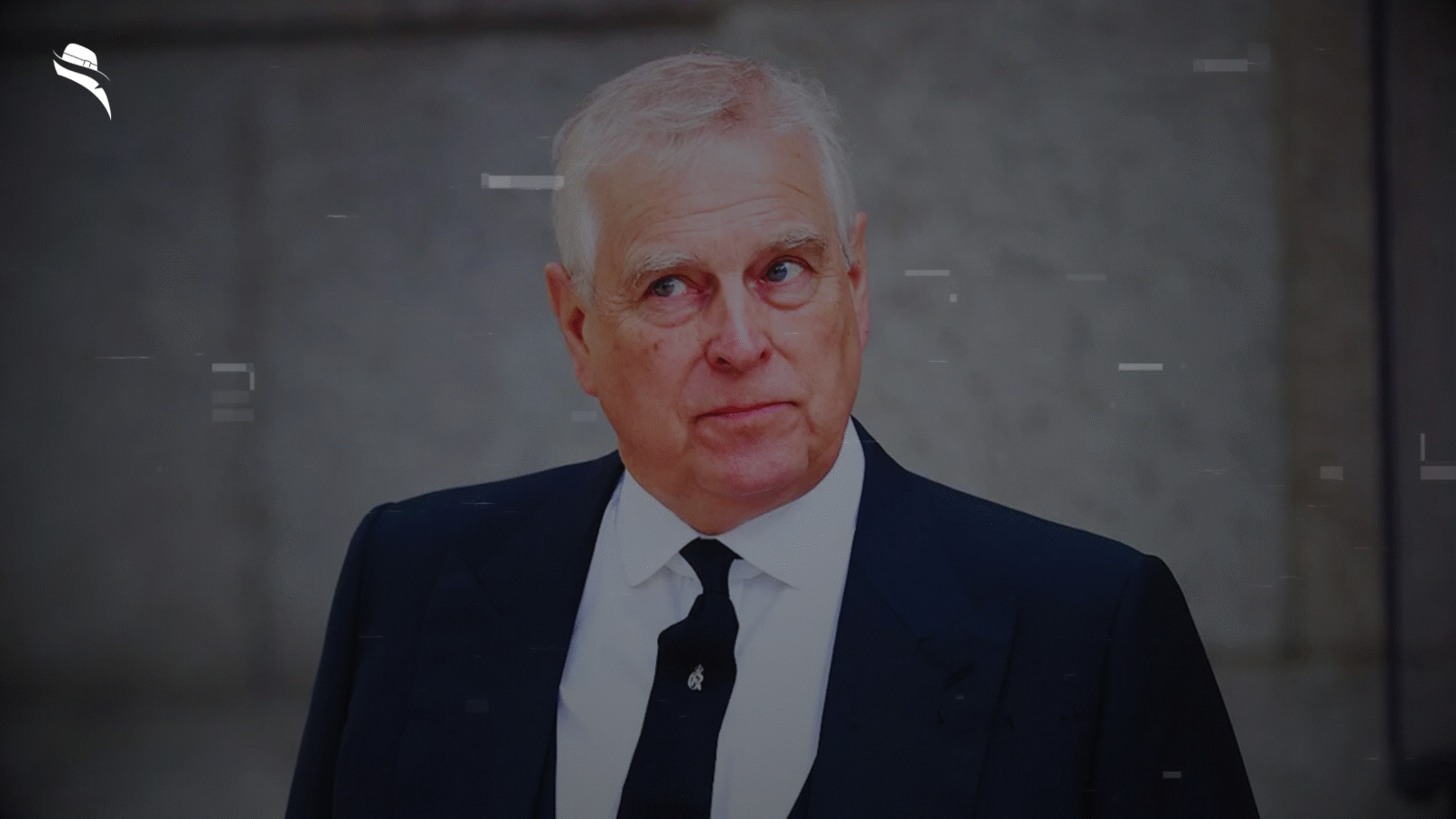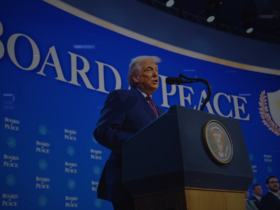Prince Andrew has been officially stripped of his royal title in an almost unprecedented move that last occurred in 1919. Following discussions with King Charles III, the disgraced royal will now be known as Andrew Mountbatten Windsor, marking a dramatic fall from grace for the former Duke of York. This extraordinary censure comes despite Prince Andrew’s continued denial of the allegations against him.
The decision follows mounting pressure after Andrew surrendered his use of the Duke of York title earlier this month. His connection to convicted sex offender Jeffrey Epstein has plagued the royal family for years, culminating in a multi-million pound out-of-court settlement in 2022 with Virginia Giuffre, who filed a civil suit against him in New York. Additionally, the recent publication of Giuffre’s posthumous memoir, which contained her allegations against Andrew, reignited public scrutiny. Queen Elizabeth had previously stripped her son of his military titles and patronages in January 2022, but this latest action by King Charles represents an even more severe consequence for the prince formerly known as the Duke of York.
King Charles strips Prince Andrew of royal titles
Buckingham Palace announced on October 30, 2025, that King Charles III had formally initiated the process to strip his younger brother of his remaining royal privileges. This unprecedented action goes beyond Andrew’s earlier surrender of the Duke of York title earlier this month.
According to the palace statement, Andrew will immediately be known as Andrew Mountbatten Windsor. The sweeping removal extends to multiple titles, including Prince, Duke of York, Earl of Inverness, Baron Killyleagh, and the style His Royal Highness. Furthermore, his honors, including the Order of the Garter and Knight Grand Cross of the Royal Victorian Order, will also be withdrawn.
Along with losing his titles, Andrew must vacate the Royal Lodge, his 30-room Windsor mansion, where he has lived for over 20 years. Formal notice has been served to surrender the lease that previously provided him with legal protection to remain in residence. He will relocate to a property on the Sandringham estate, privately funded by the King.
Charles made this decision with support from the wider family, including the Prince of Wales. The palace statement emphasized that “these censures are deemed necessary, although he continues to deny the allegations against him”. The King and Queen also expressed their “utmost sympathies” with “victims and survivors of any forms of abuse”.
Virginia Giuffre’s memoir reignites the Epstein scandal
The publication of Virginia Giuffre’s memoir in October 2025 has thrust Prince Andrew back into the spotlight, intensifying public scrutiny over his ties to convicted sex offender Jeffrey Epstein. Giuffre, who has consistently maintained allegations against the former Duke of York, provides detailed accounts in her posthumously published work that have garnered worldwide media attention.
In her memoir, Giuffre reiterates claims that she was trafficked by Epstein and his associate Ghislaine Maxwell, subsequently being forced to have intimate encounters with Prince Andrew on multiple occasions when she was 17 years old. These assertions, though repeatedly denied by Andrew, have gained renewed traction across social media platforms and traditional news outlets alike.
The timing of the memoir’s release, coinciding with growing calls for accountability among powerful figures, has created a perfect storm for the royal family. Moreover, several advocacy groups for sexual abuse survivors have organized demonstrations outside Buckingham Palace, demanding justice and transparency.
Consequently, Prince Andrew’s position became increasingly untenable as members of parliament across party lines called for decisive action. The memoir has effectively reopened wounds that the royal family had hoped would heal with time, instead catalyzing what many observers describe as the most significant royal censure in modern history.
Public and political pressure forces royal accountability
Mounting pressure from Parliament ultimately forced King Charles’s hand in the Prince Andrew scandal. The Public Accounts Committee formally questioned the Crown Estate about Andrew’s “peppercorn rent” arrangement at Royal Lodge, citing “considerable and understandable public interest in the spending of public money”. Committee Chair Geoffrey Clifton-Brown demanded explanations by November 28, questioning whether these arrangements still represented value for money given Andrew’s changed role.
Meanwhile, public opinion had turned decisively against the former prince. A YouGov poll revealed an astounding 91% of Britons viewed Andrew unfavorably, with only 4% maintaining a positive opinion. This marked the highest negative rating ever recorded for a royal family member.
Political figures across party lines supported the King’s decision. Culture Secretary Lisa Nandy called it a “powerful message to victims of grooming and sex offenses”, while Conservative leader Kemi Badenoch acknowledged the difficulty yet necessity of the King’s actions.
Simultaneously, US Congressman Suhas Subramanyam renewed calls for Andrew to testify before a Congressional committee about his Epstein connections, stating he “must do more than just give up titles”.
Historian Andrew Lownie observed that although the palace was “finally taking decisive action,” it “won’t completely satisfy the public disquiet”. Anti-monarchy campaigners particularly emphasized the need for a broader investigation into what the Royal Family might have known about Andrew’s Epstein ties.






Leave a Reply